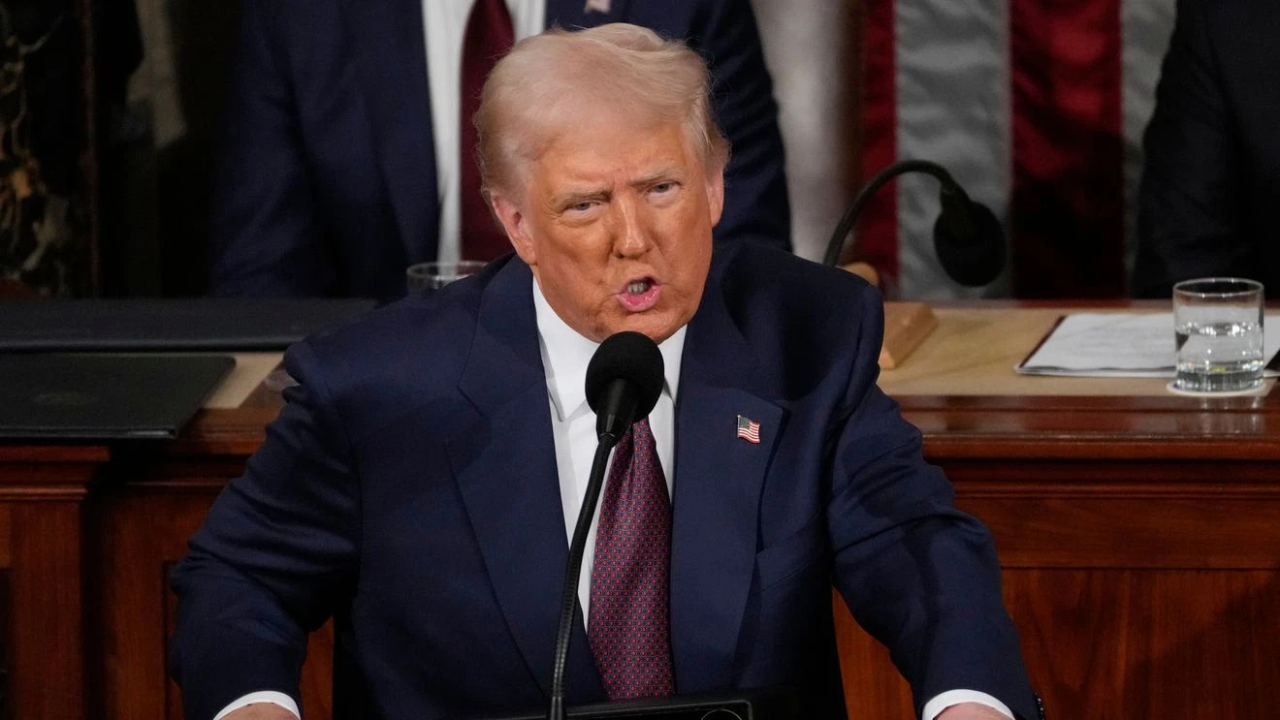President Donald Trump has recently proposed a controversial idea to send American citizens, particularly those convicted of violent crimes, to foreign prisons, including El Salvador’s notorious CECOT facility.
However, legal experts have made it clear that this proposal lacks any legal foundation and would not be allowed under current U.S. law.
Trump’s proposal reportedly stems from the belief that a majority of Americans support the idea of sending violent offenders to prisons in countries like El Salvador.
He is said to view this as an “80-20” issue, where he believes that the vast majority of the public agrees that people convicted of certain violent crimes should be removed from the U.S. and incarcerated in foreign facilities.
However, experts such as former Justice Department official Elliot Williams strongly disagree with this notion, citing legal and constitutional constraints that make such actions impossible.
Williams, speaking on “CNN This Morning,” emphasized that there is “no legal loophole” to support such a plan. While he acknowledged that legal and political questions can sometimes spark debates, he insisted that this particular issue is clear-cut.
“The Constitution forbids moving American citizens to foreign prisons where we know they would be tortured or mistreated. That would violate the Eighth Amendment,” Williams said.
The Eighth Amendment of the U.S. Constitution prohibits cruel and unusual punishment, and Trump’s proposal would likely breach this fundamental protection.
The law would not allow the forced transfer of U.S. citizens to foreign prisons where they could face inhumane treatment or punishment.
Williams also pointed out that during his first term, Trump himself signed a federal law that requires federal prisoners to be incarcerated within 500 miles of their homes. Since El Salvador is located over 1,000 miles from the U.S., this would also contradict the law that Trump himself supported.
Although Trump has framed his proposal as a solution for gang members and criminals who may have committed heinous acts, Williams argued that these individuals are still entitled to basic due process rights under U.S. law.
Even individuals who have committed serious crimes cannot be denied their constitutional rights, including protection against cruel and unusual punishment.
Despite the president’s views, it is clear that no legal or constitutional framework exists to support his idea of deporting American citizens to foreign prisons.
The proposal has sparked significant concern among legal experts, who argue that any attempt to implement it would be a direct violation of fundamental constitutional rights.
Disclaimer- Our team has thoroughly fact-checked this article to ensure its accuracy and maintain its credibility. We are committed to providing honest and reliable content for our readers.






